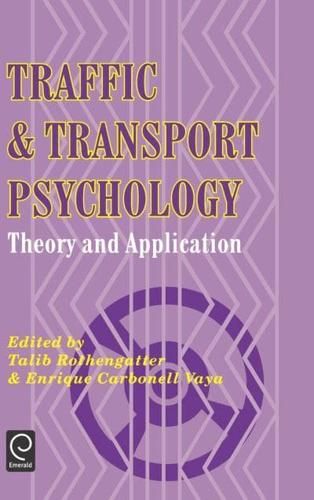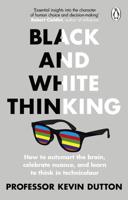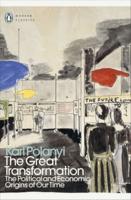Publisher's Synopsis
This volume presents a balanced and representative overview of the major developments and trends in traffic and transport psychology". "Traffic and Transport Psychology" covers and enormously diverse field with many different theoretical and methodological approaches. Driver behaviour theories are, as yet, fragmented. Some theories focus on performance aspects, some on risk management and some on the social context. The first part of the book presents arguments for integrated models, for alternative paradigms and for a blatant a theoretical approach to driver behaviour. In addition, two chapters are devoted to novel methodological approaches to studying driver behaviour. In the second part, driver performance is the central issue, centred around three themes: perception, cognition and workload. The third part deals with social factors. It reflects the considerable development that has been made in recent years in the area of attitude measurement and the effect of attitude components and factors reflecting individual differences such as sensation-seeking on driver behaviour and, in particular, on drivers' willingness to take risks and commit traffic law violations. In the last part, current developments are discussed in relation to applications to enhance safety. Above all, this volume reflects the enormous growth and development that has occurred in traffic and transport psychology in recent years. While it has been repeatedly demonstrated that the driver is the critical link in accident causation, it is only recently that this is translated, at least in some countries, into an awareness that effective accident countermeasures can no longer ignore the perceptual and cognitive capabilities, attitudes and social factors that govern driver behaviour. It is hoped that the contents of this book will contribute to a more humane traffic and transport system.









